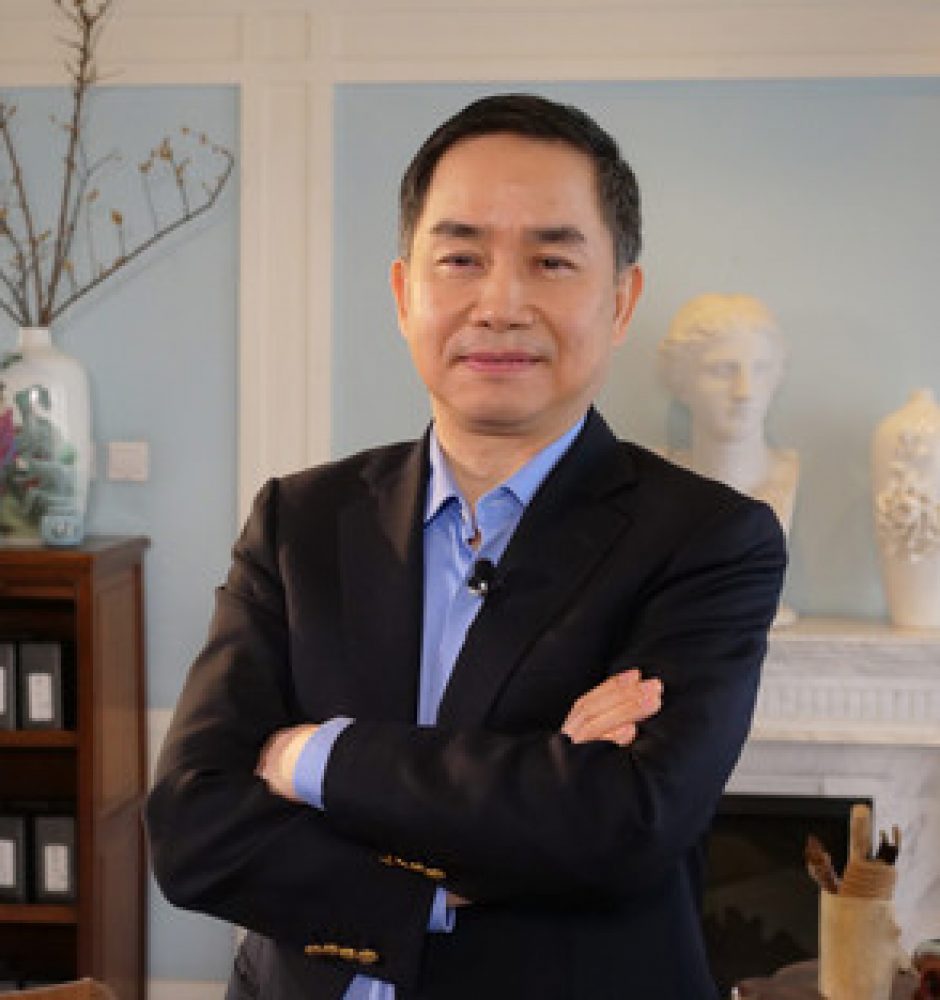Chen Zhiwu, chair professor of finance at the University of Hong Kong, was less optimistic. He said the mention of Hong Kong this week was “vague and general”, suggesting “there’s nothing specific coming up” in the way of changes. The city is unlikely to add infrastructure, expand capital markets or enact new laws in response to Xi’s statement, at least not right away, he said.

3910 3079 / 3917 1271
KK 1338
Chen Zhiwu, chair professor of finance at the University of Hong Kong, said tightening party control over finance is “simply a formal acknowledgement of the practice over the past 10 years.” “No surprise here, as the revised Chinese Constitution of 2018 says the Party must control everything. So, the financial sectors cannot be an exception.”
I’m pretty sure the [US] State Department people and national security staff must be paying attention to this,” said Chen Zhiwu, chair professor of finance at the University of Hong Kong.
That sense of insecurity is almost universally shared within China now, across all walks of life,” said Chen Zhiwu, a professor of finance at the University of Hong Kong. “And that is why the government has been using all the official media and all other tools to convey a positive, optimistic message.
Zhiwu Chen, a professor of finance at the University of Hong Kong, said China’s policy makers have long believed that diverting resources to the state sector can generate growth more quickly and more reliably than handing money to people. They see consumers as more fickle and less easy to control than state companies, he said, not certain to spend more money even if they had it.
Brazil, Russia and China are “the most serious” about de-dollarisation, said Chen at the University of Hong Kong. “As long as enough people can believe in a certain payment system, then the system becomes more of a reality,” he said.
“As long as stock issuers lay out the good and the bad, they will not be held accountable if these bad things—which hopefully will never happen—do happen,” said Zhiwu Chen, a finance professor at the University of Hong Kong who sat on the CSRC’s international advisory council from 2012 to 2019.
“The regulators have introduced a lot of ambiguous steps that must be followed around winding down, and winding out, of foreign investments in China,” Professor Zhiwu Chen, chair of Finance at Hong Kong University, told FinanceAsia.
“His (Wang’s) challenges are only bigger now,” says Chen Zhiwu, chair professor of finance at the University of Hong Kong. “IPOs, bond issuance, bank loans … all these funding opportunities are now first and foremost reserved for SOEs [state-owned enterprises] and strategic industry players. It is definitely not easy for real estate developers and companies in not so strategically important sectors.”





